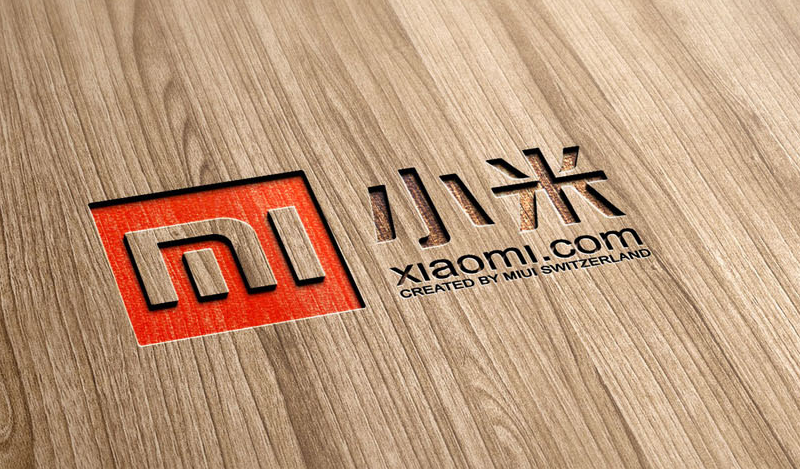Xiaomi investors question the company's valuation of $ 46 billion

In 2014, the Chinese company in the next round of financing raised $ 1 billion, which also contributed to the increase in its value - now the cost of Xiaomi is estimated at $ 46 billion. Nevertheless, according to the latest information, the company is currently facing difficulties associated with a difficult period for the Chinese economy. Now Xiaomi is under pressure also because it did not fulfill the sales plan for 2015.
Last year, the company's CEO, who was also its founder, Lei Jun, said that by the end of 2015, Xiaomi would sell 100 million units of smartphones, but this figure was later changed to 80 million. According to insider sources, this figure was unattainable for the company. Against the background of an underestimation of the sales plan, the actions of a competitor Huawei look curious, after selling 27.4 million phones during the quarter in October, it announced that the company could sell 100 million smartphones. After Xiaomi failed to meet sales expectations, investors questioned the company's $ 46 billion valuation.
Companies such as Xiaomi, which received tremendous funding during the rapid development of the mobile industry and the Internet in China, are now facing some difficulties, since it is becoming increasingly difficult to meet investors' expectations in the current conditions on the Chinese market. The representative of Xiaomi did not officially comment on the situation, saying only that “competition in the Chinese smartphone market has increased incredibly this year” and the company's sales “are in line with expectations.”
')
One of the reasons why Xiaomi failed to achieve the expected level of sales is the slowdown in China’s economy. Also, some of the company's strategies, including flash sales, the company's lack of high-tech chips, and the fact that Xiaomi’s most expensive product, the Mi Note model, didn’t win the expected love of users, had a negative impact on sales.
Recall that the company Xiaomi belongs to the portfolio projects of the fund Yuri Milner and Alisher Usmanov called DST Global. The fund last participated in a round of financing for the Chinese project in 2014, when Xaomi managed to attract more than a billion dollars.
Source: https://habr.com/ru/post/297820/
All Articles